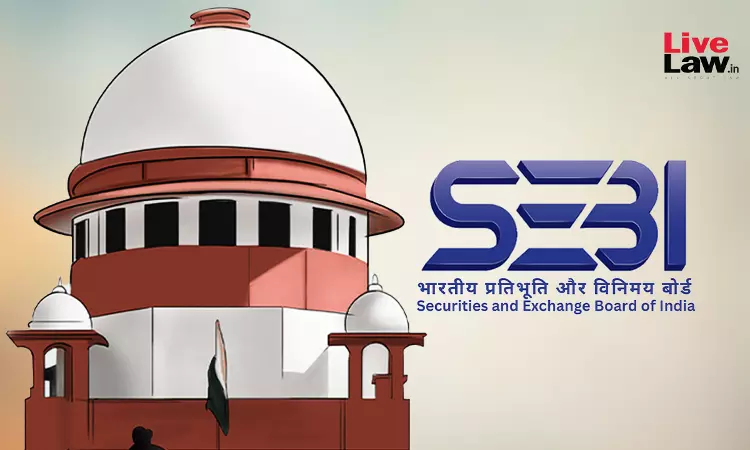SEBI Can't Pass Multiple Orders On Same Cause Of Action; Res Judicata Principle Applies : Supreme Court
Yash Mittal
7 April 2025 9:43 PM IST

Next Story
7 April 2025 9:43 PM IST
Reiterating that the principle of res judicata applies to quasi-judicial proceedings, the Supreme Court today (April 7) upheld the Securities Appellate Tribunal's decision, which held that SEBI's subsequent disgorgement order was barred by res judicata, as its earlier order had not directed disgorgement. The Court invoked the principle of constructive res judicata (as per Explanation IV...
